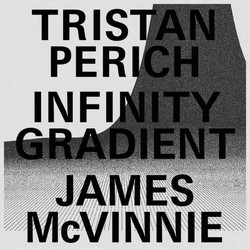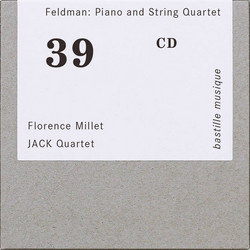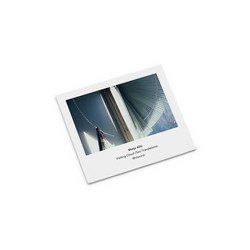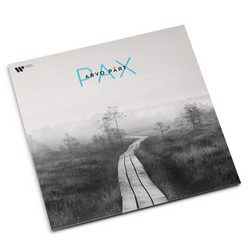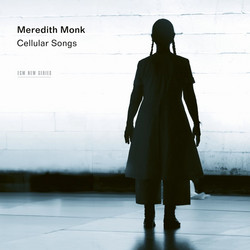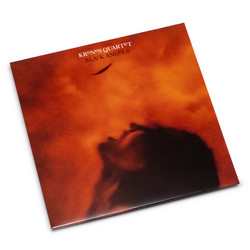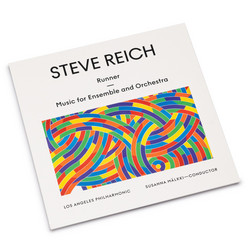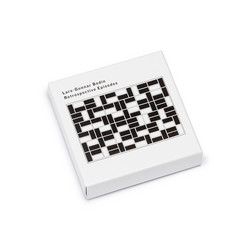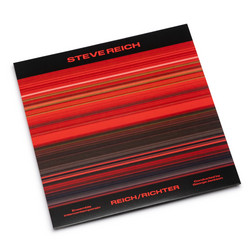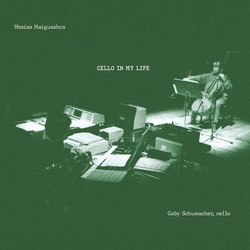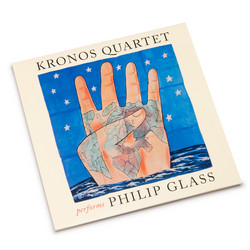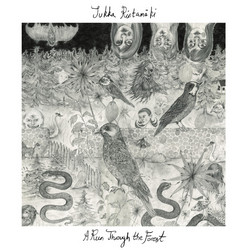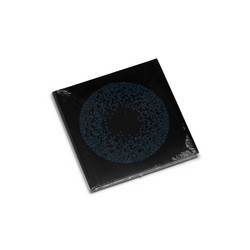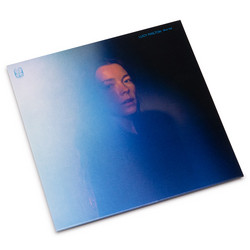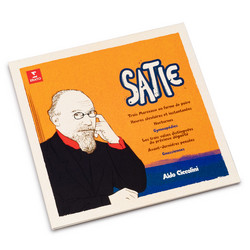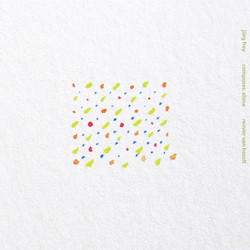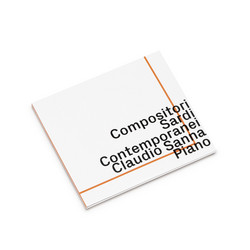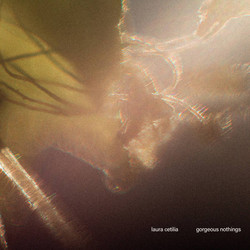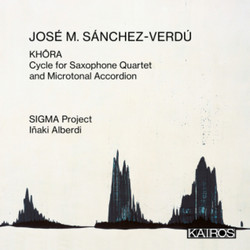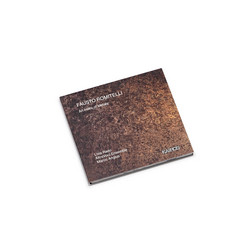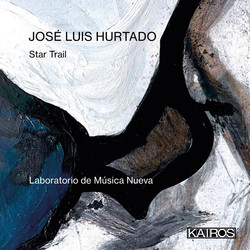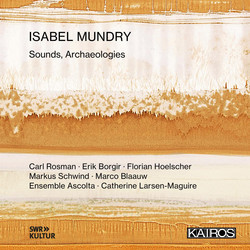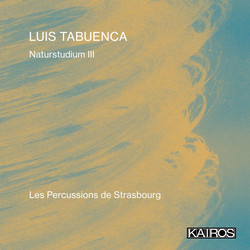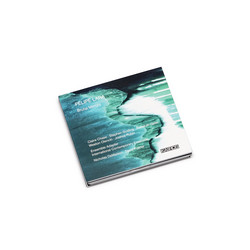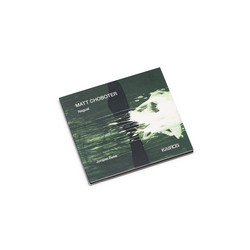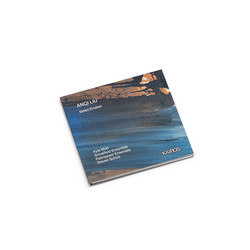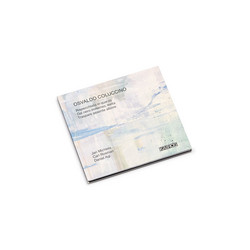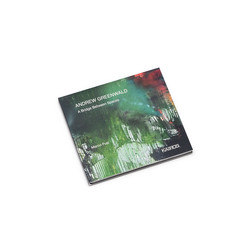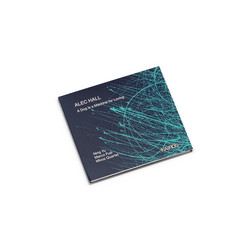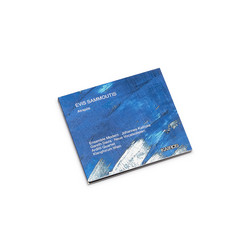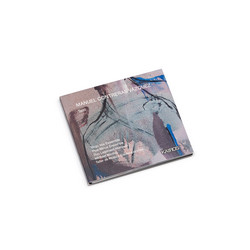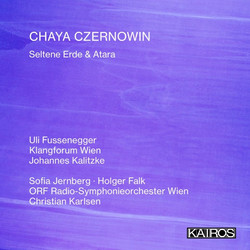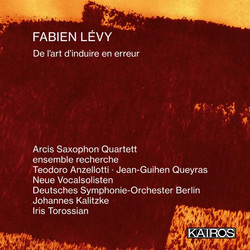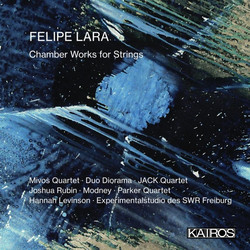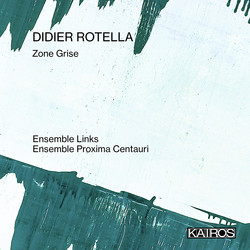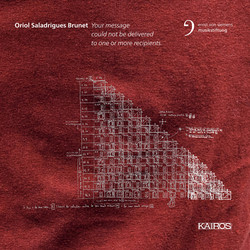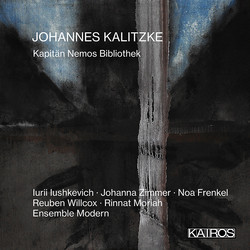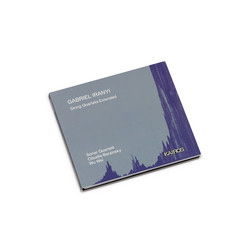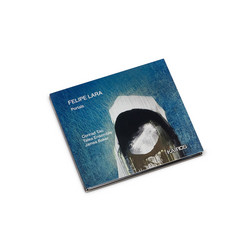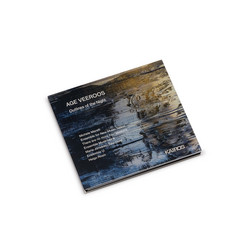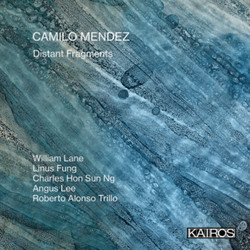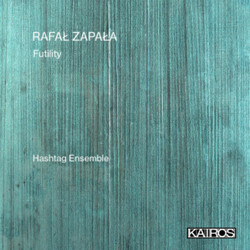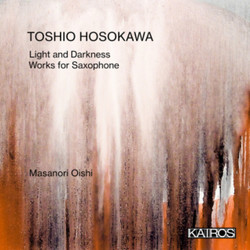José M. Sánchez-Verdú was no more than 35 years old when Spain, his homeland, awarded him its national prize. That is certainly the highest distinction he has received thus far, but is by no means the only one. Three years earlier the Ernst von Siemens Music Foundation awarded him a composition prize and he has also received numerous other prizes in Spain, Germany, Japan and Latin America. His catalogue raisonné includes more than 120 works, he teaches composition at the Music University in Düsseldorf, gives many courses in various countries and receives commissions, and has his work performed at the most prominent festivals and opera houses. At the age of 40, José M. Sánchez-Verdú, who in recent years has lived in Berlin and Madrid, is one of the most successful and often performed composers of his generation. In his friendly and reserved fashion, he has made his way. José M. Sánchez-Verdú was born in 1968 in Algeciras in the province of Cadiz, virtually in the shadow of the Rock of Gibraltar. The city’s name is Arabic.
Algeciras in 711 played a role as a bridgehead for the Arab conquest of the Iberian peninsula. These days the city and its harbor, which mainly serves trade with Africa, is a transit area between Europe and Africa. Andalusia was a part of the Arab world for 800 years. At least in retrospect, “Al Andalus” looks like a utopia of tolerant coexistence of various cultures and religions. The re-conquest by Catholic forces brought this dream to an end, but the influence of Arab culture can be felt to this day. Sánchez-Verdú was fascinated by this culture from his youth, and made it a theme of his music practically from the beginning. His first official work (from 1989) was titled Tránsito, a title indicative of his programmatic concept, since the idea of transit, of a transition and a bridge between European and Arabic culture, has remained a constant for Sánchez-Verdú until today. Many of his works have Arabic titles, but the reference goes well beyond formalities. It is a constituent factor in his entire œuvre; as intellectual background, as direct literary and art historical source of inspiration, but also in a very concrete sense in the compositional techniques employed. In Maqbara, an epitaph for voice and large orchestra, he works with Maqamat, the modi of Arabic music, in Rose de Alquimia he places a muezzin as counterpart to the chamber orchestra, in his most recent opera El viaje a Simorgh from 2007 he mixes Sufi melodies with European avant-garde electronic music of the Experimentalstudio des SWR, and there are many other works which one could mention in which the two cultures encounter one another.
Sánchez-Verdú’s decision – after composition studies at the conservatory in Madrid – to take up postgraduate studies from 1996 to 1999 with Hans Zender in Frankfurt, proved to be the right one in this connection. Zender is also a composer who seeks to build bridges between European modernity and non-European culture. Thus SánchezVerdú met a fellow spirit, although his teacher was less interested in Arabic than in East Asian music. 17 In times of globalization also of music, such ideas as intercultural exchange may be en vogue among other composers as well. But the conception of transit, of an amalgam, between Orient and Occident is not a political migration issue of recent date for Sánchez-Verdú. It is instead rooted in a history of thousands of years and is based in the literal sense on the most fundamental and oldest questions of western philosophy. His thought takes antiquity as its point of departure, the cultures, which these days we mistakenly see pitted against each other, perceived as a single common utopia. José M. Sánchez-Verdú is a poeta doctus, and his broad learning is reflected in his music. His intellectual horizon is impressively wide.
It’s not only that besides composition he studied law, medieval philosophy as well as the poets of antiquity are familiar to him, and he also knows modern Spanish literature as well as the works of the Syrian poet Adonis. The book is for him the acme of knowledge and wisdom (and simultaneously its material embodiment) - precisely in the medieval sense of erudition. One of his most important (and most beautiful) works, the music theatre piece Gramma, is a declaration of love to the book, to reading and to script. It kidnaps the audience at a performance to a reading room of a library. The listener is simultaneously a reader, and both kinds of perception merge with one another. The texts which he sues in these works are from Plato and Homer, from Augustine and Dante, from the Bible and from many others. All of western history is made present. But Sánchez-Verdú is not indulging in name-dropping. The cultural-historical references are the echo chamber of his thought and feeling, his composition. The many thousands of years of history of Europe and the Arab world become the resonating cavity of his music. Sánchez-Verdú has called his music theatre Jardines de la escritura, or “Garden of Script”. And a scene in Gramma is titled Arquitecturas de la memoria. Sánchez-Verdú has committed himself to memory, which is the basis of all culture and civilization. Not as an archivist, but as a contemporary composer, who through his art salvages the knowledge of the past for today. The futility of such an undertaking is perhaps the reason for the muted but perceptible melancholy which pervades his music.
The “Architectures of Memories” and the “Gardens of Script.” These two titles introduce two key ideas which flow through the entire compositional œuvre of Sánchez-Verdú. As well as “Gardens of Script”, one also finds in his work gardens of Adonis, and (as notation of a movement in Paisajes del placer y de la culpa for the orchestra) gardens of glass, of silk and of gold. Even more important is the concept of “architectures”. There are architectures of silence and of absence, architectures of shadow and architectures of light, architectures of borders and architectures of mirrors and echoes. Between 2003 and 2005, in addition, he created the Machaut-Architekturen, a five section cycle in which he takes up Machaut’s „Messe de Nostre Dame”. Thus the concept of architecture becomes a metaphor for a strategy for composition, but especially a metaphor for the mood and the expression of a work. It is the labyrinths, the mazes and the secret 18 paths, it is the quirky outlines and dead ends in which one is threatened with getting lost. The reference to “Al Andalus” obtrudes again. The Moorish art of gardens bore rich fruit in Andalusia, and the architecture of many Andalusian palaces and fortresses bears strong reference to the Arabic heritage. An architecture marked by the richness of form of Islamic art, from its arabesques and mosaics. José M. Sánchez-Verdú transposes this language of forms in a richly imaginative fashion in his music. It is not so much the large scale formal developments which are central to his thought as a composer, the individual moment is not at the service of before and after, but is part of a particular environment which is depicted in a tableau-like fashion. His music takes its time, it has its own sometimes very slow tempo. And often enough Sánchez-Verdú works on the border of what can be heard, as in Gramma as well as Arquitecturas de silencio. This should not be confused with for instance Morton Feldman’s abolition of time, or with the simulated timelessness of Minimal Music.
It is to a degree the slow motion of meditation and observed immersion, which of course often enough encloses an inner commotion and psychic drama. For this reason Sánchez-Verdú’s in a highly artistic way not uncommonly creates the impression of a near static surface; all movement is displaced inwardly. Is it really too speculative if one draws a connection between the non-narrative aspects of the music of José M. Sánchez-Verdú with the ban on images of Islamic (but also Jewish) religion? The renouncing of that which is explicitly fixed as icon is consistent with the renunciation of a common traceable “history”, whether instrumental or scenic. And Gramma is again a particularly impressive example: an opera without a plot, a music theatre piece with “stage events” which however narrates an endless amount. One can also find, in the arabesques, embellishments, games and insistent repetitions which mark Sánchez-Verdú’s music, echoes of the calligraphic beauty of Arabic script.
But the psychological dimension seems more important to me. One needs to hear only once the beginning of the clarinet concert Elogio del horizonte: a muted, only gradually cumulating but highly expressive music, full of drama and repressed emotion which is only kept under control with a great deal of effort. Alqibla does in fact begin with a very strong sound, but the outward excitement is soon drawn back into the inner world of the music. However there the conflicts continue to rampage, sublime and unguarded, in a highly expressive and stirring fashion. Silence, shadows, absence – it is these mainly dark regions of the human soul in which SánchezVerdú is interested. It is certainly no coincidence that wrote new film music for Friedrich Wilhelm Murnau’s legendary silent movie „Nosferatu – Eine Symphonie des Grauens”, which is until today regarded as a nightmarish psychological profile of human fear. His latest opera, El viaje a Simorgh, is a single panorama of power, terror and torture which is based, among other things, on the inquisition. Sánchez-Verdú is also fascinated by the irrational 19 manifestations of religion. Again and again he takes up mysticism, the Islamic mysticism of the Sufis as well as Christian mysticism, which came to its greatest flowering precisely in the Spain of the 16th century with the poetry of San Juan de la Cruz and Santa Teresa de Jesús. Sánchez-Verdú has set both poets to music many times, including in the orchestra piece, La rosa y el ruiseñor, which is included in this CD. The immersion in God, the becoming one with the divine, the experience of light in the darkness of the world, can lead likewise to the psychologically extreme state of ecstasy, religious rapture and erotic abandonment. To fathom these border areas in music, which in its beauty and tonal finesse contains both the radiant light of the south for Spain and also darkness, that is the art of the composer José M. SánchezVerdú
